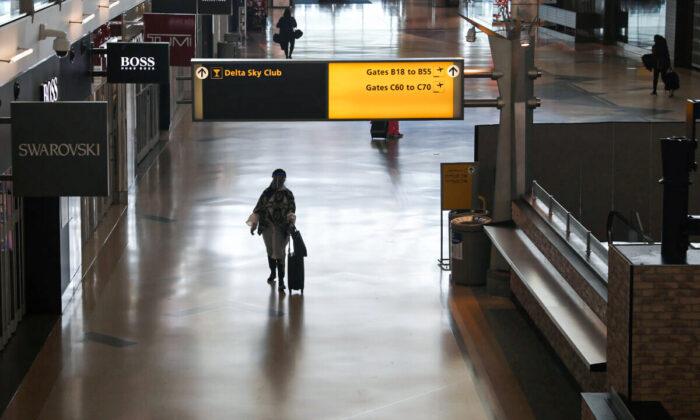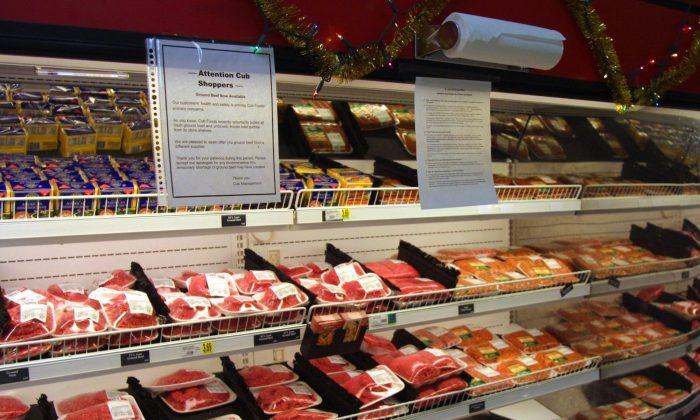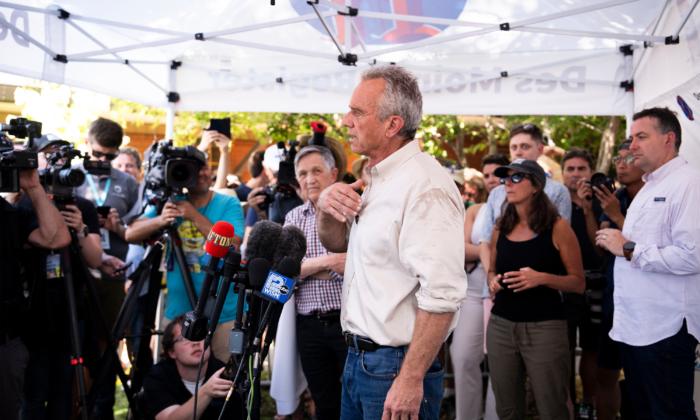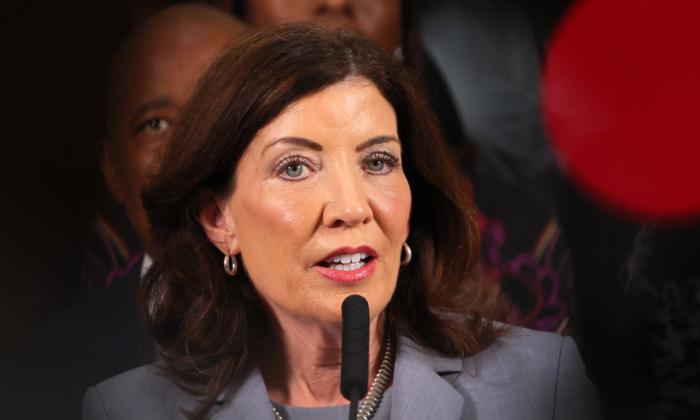U.S. travel stocks took an initial hit on Dec 27, but recovered most of the losses on Dec. 28, amid a surge in Omicron cases that is affecting the airline, casino, and cruise industries.
A spike in Omicron cases, staff shortages at airlines, and weather-related problems forced the latest round of massive flight cancellations, leaving travelers stranded across the country during the holiday travel season, which lasts from Dec. 23 to Jan. 2.
This follows the disastrous Christmas weekend, which left the airline industry struggling at its peak profit season with over 3,000 flight cancellations in the United States alone.
Over 1,000 flights covering the United States were canceled on Dec. 27 alone, along with 3,300 delays, and with more than 2,600 flights being scrapped worldwide.
American Airlines Group, United Airlines Holdings, Delta Air Lines, and Southwest Airlines saw declines, but rose by an average of 1.5 percent by Dec 28 after the initial loss.
Airline stocks were rallying this Fall before Omicron hit, in the expectation of a holiday travel boom after the industry suffered from last year’s pandemic-related restrictions.
Departures from the largest airports in North America are 13 percent below pre-pandemic levels in January 2020, with the United States down 12 percent.
Analysts say that as long as quarantine restrictions over the Omicron variant remain in place, air travel will expect to face long standing staffing shortages. Since its discovery in southern Africa last month, Omicron has proven to be more contagious, but far less virulent than previous variants, with fewer hospitalizations and only a handful of deaths.
Further cancelations are expected this week as airlines struggle to get commuters home, which is likely to cause further volatility in airline stocks.
The suffering cruise line industry is being burdened with new concerns of tougher restrictions after the Centers for Disease Control and Prevention announced on Dec. 27 that it was investigating nearly 70 cases of the Omicron variant aboard cruise ships.
The industry had been ravaged during the pandemic after service was suspended in the United States for about 15 months.
Carnival, the world’s largest cruise operator, said it had isolated a small number of Omicron positive passengers on board one of its Carnival Freedom cruise ships.
All passengers from the cruise trip were disembarked on Dec. 26 following the discovery.
Shares of Carnival initially fell, but jumped 1.7 percent on Dec 28, with rivals Norwegian Cruise Line Holdings and Royal Caribbean Cruises, also witnessing losses that were recovered the following day.





